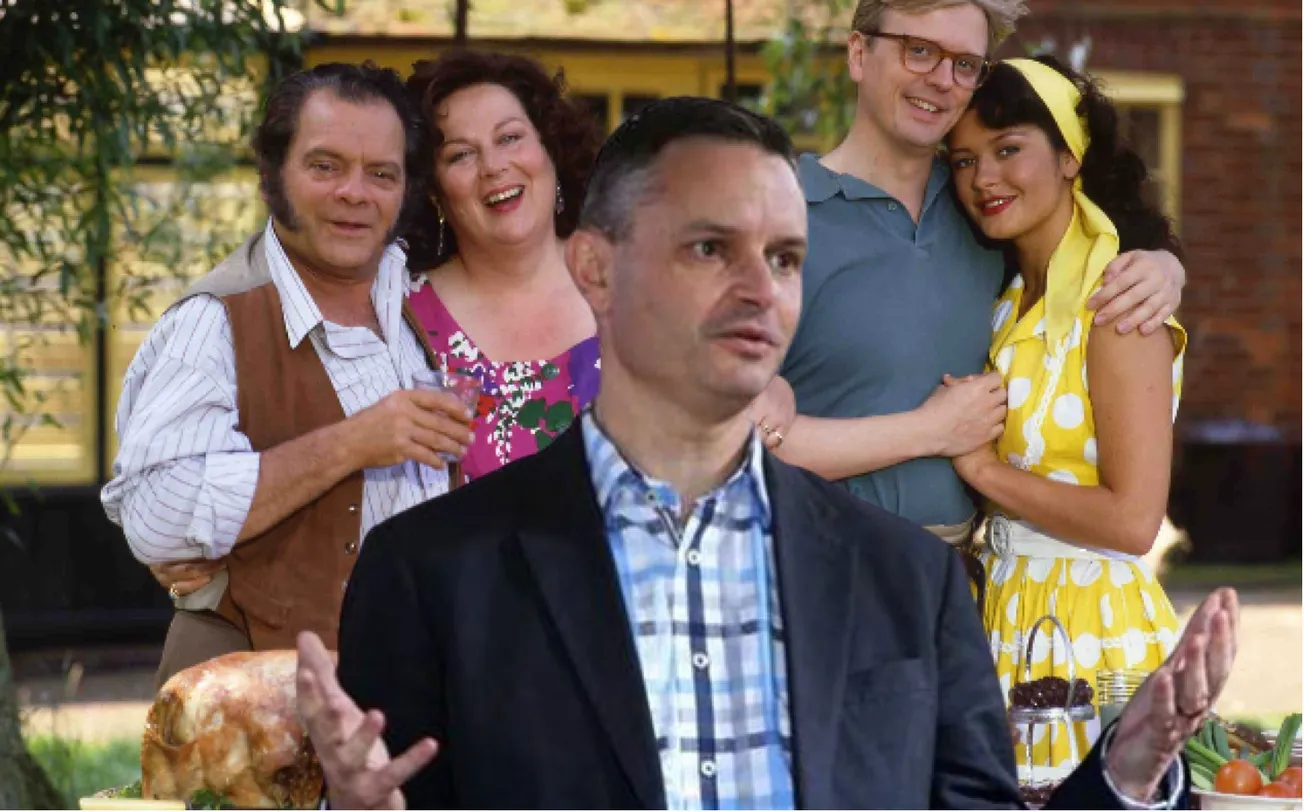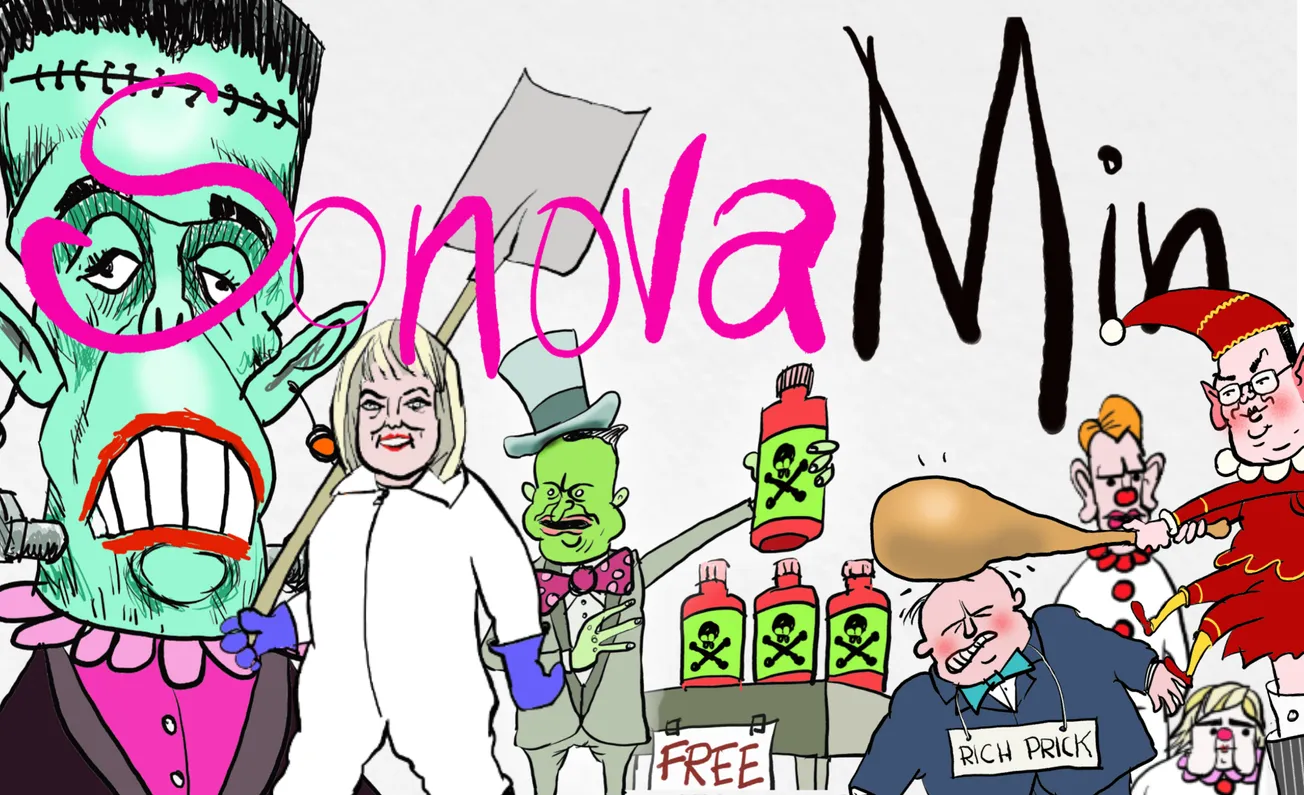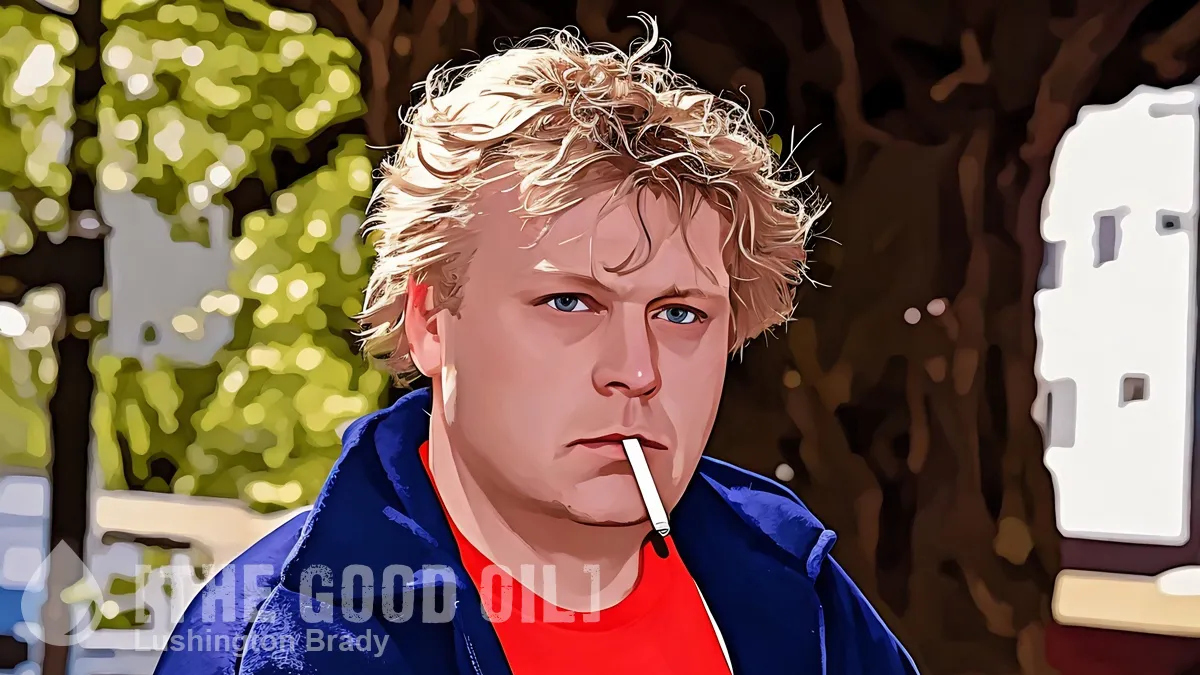Table of Contents
Although now retired from Horticulture, I was a certified organic apple orchardist and market gardener for nigh on 20 years. At its peak, the area of land we operated under an organic regime was just under 100ha. We represented 15% of the total certified organic vege supply in New Zealand.
I also sat on the Certification panel that developed organic standards under IFOAM and peer-reviewed organic audits. Sorry to burst your bubble James Shaw but if we relied on organic producers to feed us, we would starve to death in the first year.
Organics is a method of growing that capitalizes on growing the right crop, in the right place at the right time so as to take advantage of the crop’s natural ability to ward off pests and disease. This alone would disqualify major areas from production as those crops only survive with major inputs. The other major downside is you have to be prepared to lose a significant portion of your crop to pest and disease if things blow out. This creates horrendous supply shortages.
Quite simply, organics are able to exist because they are backed up by conventional growers that come to the rescue when things turn to custard. I’m sick of these urban idiots basing policy on some “Darling Buds of May” ideal of buying a bag of carrots at their local farmers market without a clue of the risks that grower took to get those carrots to market in an organic form.
Yes, there is a place in New Zealand for some production to be organic but it only satisfies a niche market. It is lunacy to think that organics could feed our population. People like James Shaw would have us believe there is an insatiable demand for organic produce but this is a lie. I have lost count of the times I ploughed in pristine crops of caulis and cabbages for no other reason than the market could not absorb our volume. I would like to contribute to the formation of organic policy but I don’t think I will be getting a call from James anytime soon.
If you enjoyed this BFD article please share it.







